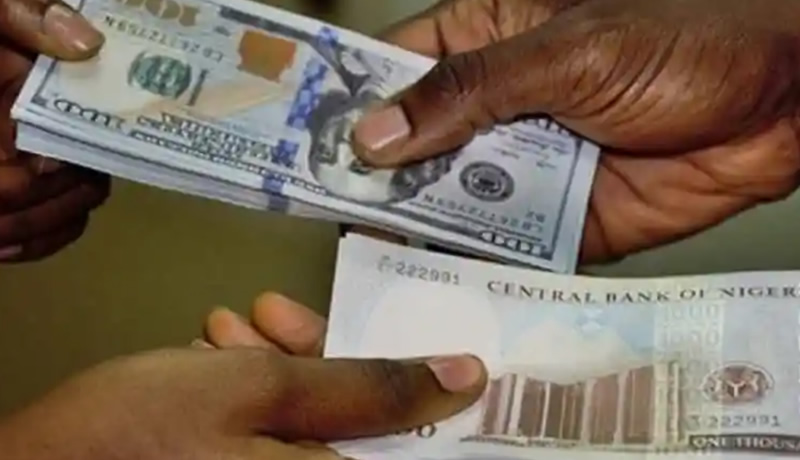- According to the committee, illicit demands for dollar put a lot of strain on the foreign exchange market.
The Presidential Committee on Fiscal Policy and Tax Reforms says liquidity is not the main challenge mitigating against strong naira and stable foreign exchange market.
According to the committee, questionable and illicit demands for dollar is putting a lot of strain on the foreign exchange market.
Chairman of the committee, Taiwo Oyedele, made this known at The Platform Economic Outlook for 2025 event organised by The Covenant Nation held in Lagos.
The twin policies of floating the naira and removal of fuel subsidy had led to worsening economic conditions in the country with the federal government assuring a positive and robust outlook.
Furthermore, the uniformity of the FX markets had further plunged the naira trading at 1547.58/$ on the NAFEM domiciled on the FMDQ and 1,660/$ at the parallel market at the close of trading weekend.
But Oyedele who was the Guest Speaker at the event said, “Nigeria’s biggest problem with FX is not the supply of FX but illicit demand for it.
“If I want to be politically correct, I will say it is the discretionary demand for FX in both the public and private sectors.
“In the public sector, there are people who control our resources and feel that, first and foremost, it is their own money for the time that they are there. They collect those monies, and they are chasing dollars to buy”.
He said even the Central Bank acknowledged that when they release FAAC, the exchange rate misbehaves during the period.
“One million here, two million here, and that is still going on. We don’t need that dollar, but we are still buying it. That is an artificial demand, or, put differently, discretionary demand.
“The bigger the size of corruption, the bigger the impact of that discretionary demand. It is happening also in the private sector”, he noted.
The tax reform presidential committee chairman added that “majority of the average Nigerians have not seen a dollar banknote in their life.
“But the elite, the high-net-worth individuals, the super-rich, and some of the middle class have. There is a self-fulfilling prophecy when you think that naira will lose value. You’re converting all your savings to dollars.
“The domiciliary account balance has increased by more than $6bn in the last 18 months. The balance is over $30bn”, he stated.
Narrating a conversation he had with a Nigerian billionaire recently, Oyedele said “I was with a billionaire during the Christmas break, and he told me, ‘Taiwo, you know this is a big issue that you people have to solve?’ I responded, ‘Tell me more about it.
“And as we talked, one thing led to another, and he said to me, ‘Do you know I needed N50m, and I didn’t have naira because he’d converted everything to dollars. He called his friend, and that one too didn’t have naira.”
“I said, ‘Sir, how are we supposed to solve this problem? It is all of us together.’ The public sector has part of the blame, and so does the private sector. Imagine that we just take off that demand from the market. Then Nigeria can be at the level of South Africa and Kenya where if you want to pay for a hotel and you bring out dollars, they will send you back to find rand.”
